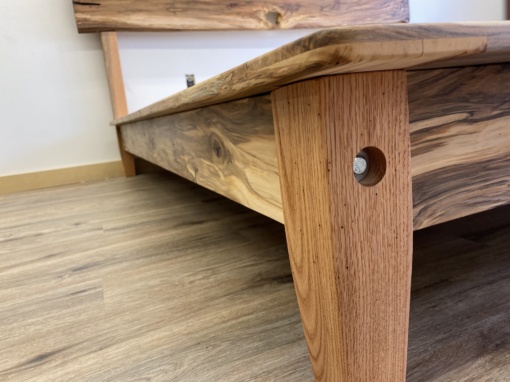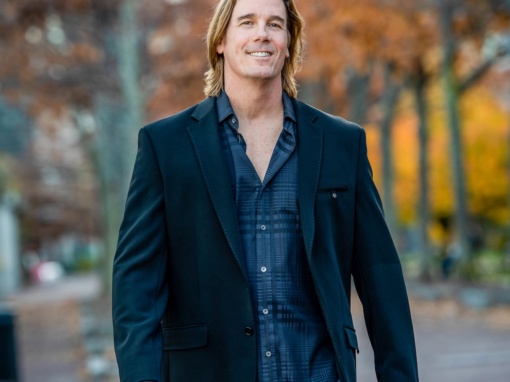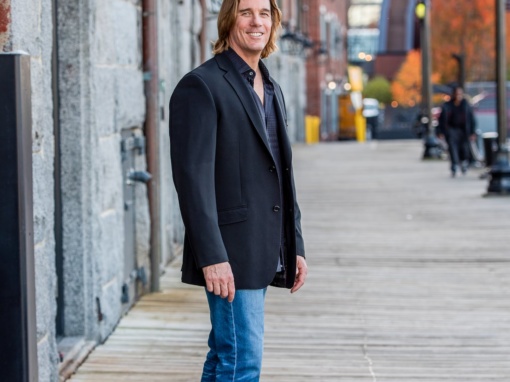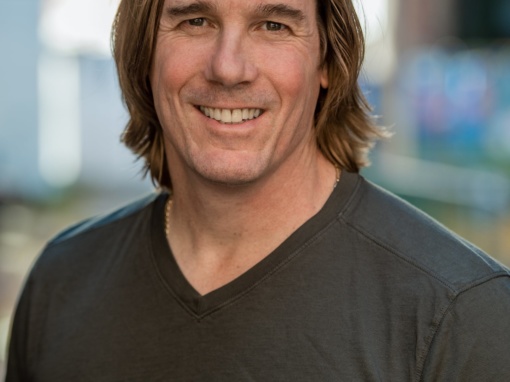As any of you who regularly read this blog know, I am interested in greener living and, in particular, healthy homes for residents. To that end, I attended a session called “Healthy Homes, Healthy Families: A Summit for Municipal Leaders” held in Fitchburg, Mass., last week. Held at Fitchburg State College, the main speakers included Rebecca Morley, the executive director of the National Center for Healthy Housing (NCHH); Michael Berry from the Massachusetts New Homes with Energy Star program; Michelle Roberts, principal and CEO of Chatham Hill Residential Design and Build and the founder of Ecohealth Homes; and Eleanor White of Housing Partners, Inc. and Chair of the Greater Boston Real Estate Board, among other responsibilities.
The summit discussed such issues as indoor air quality, energy-efficiency, pest control, weatherization, lead poisoning, the “tightness” of the building envelope and more, which are all contributors to whether we live in “healthy” homes or not.
There was a lot to discuss in a short amount of time, but some of the highlights were Morley’s discussion of the NCHH’s “Seven Principles of Healthy Homes,” which call for a home that is: dry, clean, pest-free, ventilated, safe, contaminant-free and maintained. Berry emphasized that energy-efficient homes are what sells now, saying, “People feel good about being green, and I think they also like the money they are saving.” A study of Energy Star homeowners reported that the majority reported being sick less and generally feeling better about their environment, according to Berry. In the past two years, he has worked with 850 builders on 3,000 Energy Star-labeled homes in the state.
All of the speakers gave examples of communities in which healthy housing practices were being brought to new developments as well as efforts to retrofit existing homes, which is a particular challenge in communities like Fitchburg which is known as an “urban” community of working-class families. Another statement echoed by all the panelists was about the money being freed up by the economic stimulus bill which would provide unique opportunities to add to the “funding stream” of these projects. White, who has 40 years of experience in a variety of positions at the U.S. Department of Housing and Urban Development in Washington and Boston, spoke about affordable housing and the issues it faces regarding healthy housing.
One of the statements that resonated most with me was from NCHH’s Morley, who said that we have a national Clean Water Act but we need a Clean Housing Act. Indeed.
For more information about what makes a home healthy, read “New Emphasis on Healthy Housing.”




























